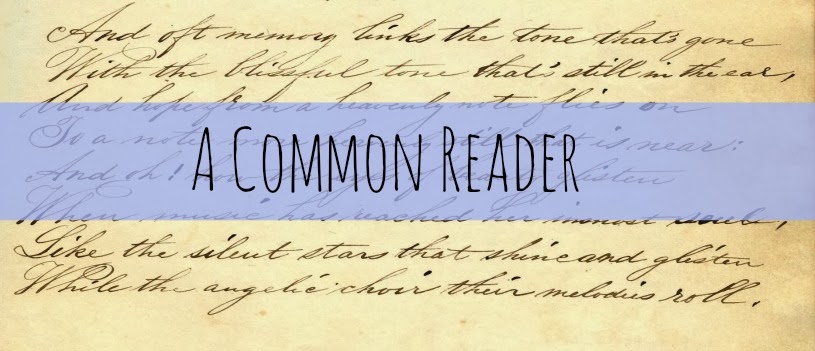 |
| 'It will not do to approach the female authors of this period and divide them into genuine feminists versus the rest, for at this period to become an author was, in itself, a feminist act.' p.33. |
Sunday 30 June 2013
Jane Austen, Feminism and Fiction
This is a must read for any Janeite. What I loved most about this book was how it places Austen squarely in the midst of her radical female contemporaries and predecessors, and it gives Jane back her mantle of 'feminist'. Although by today's standards the feminism involved seems rather tame and out-dated, it is there nonetheless. It also debunks a lot of the 'good Aunt Jane' myths which were created by relatives in the Victorian age, or at least provides an alternative viewpoint. Most importantly it's a nice reminder that we actually know very little about her life, and so excepting conclusions like 'Jane hated Bath' (a theory which is based on the evidence of three letters) is rather rash and unhelpful. The lack of letters from this period has long been attributed to their contents being of an intimate, romantic nature; hence their destruction. However, Kirkham suggests that Jane's period in Bath was a lot more socially and intellectually active than we have been led to believe, for it is 'the one period Austen spent continuously in an urban environment, in contact with a society and culture close to the metropolitan'. There's a good chance she saw many plays, wrote about her opinions on these plays and notable figures she may have met and just generally broadened her literary horizons, yet in Edward Austen-Leigh's 'Memoir' this time is Bath is merely talked of as a time when she 'went a good deal in society, in a quiet way, chiefly with ladies'. As Kirkham remarks, this is a 'masterly dismissal of five vital years in the author's life in such a way as to inhibit further interest in them'.
Anyway, theories abound and I for one find Kirkham's suggestions very persuasive. The rest of the book is full of interesting insights, and I came away with a different view of Jane than when I began reading. Even if that is only to be slightly more skeptical of Austen myths which have almost become accepted as fact.
Labels:
books,
jane austen,
review
Subscribe to:
Post Comments (Atom)

No comments:
Post a Comment